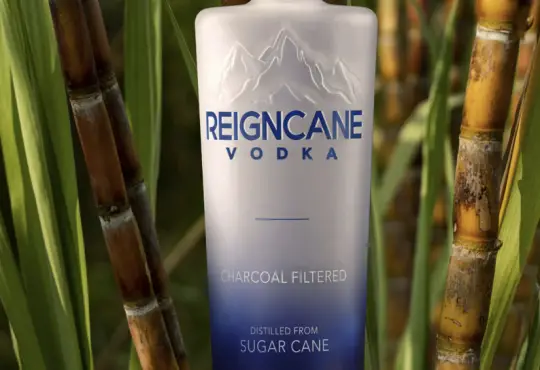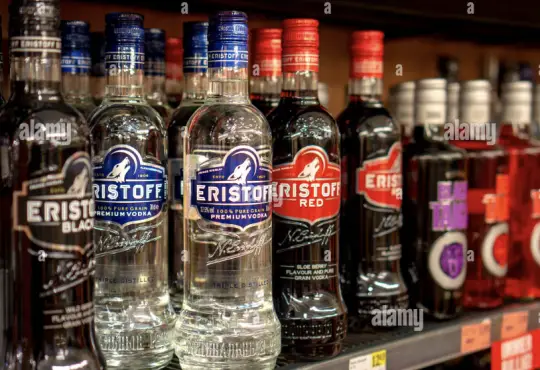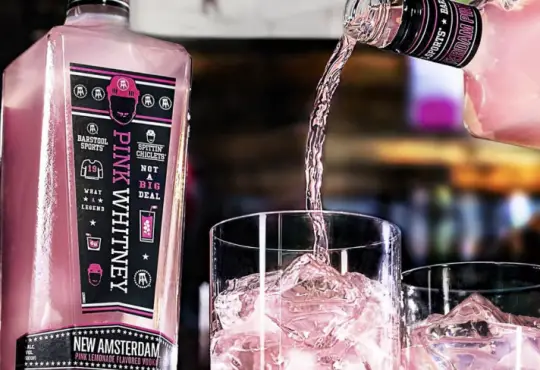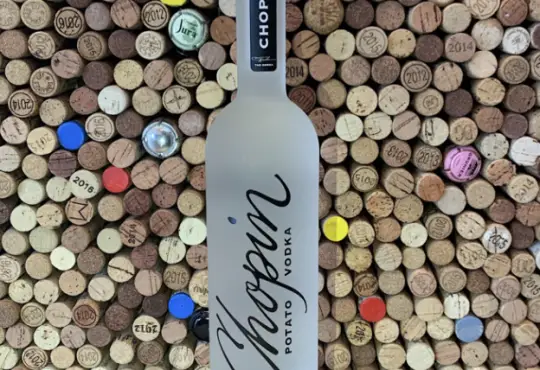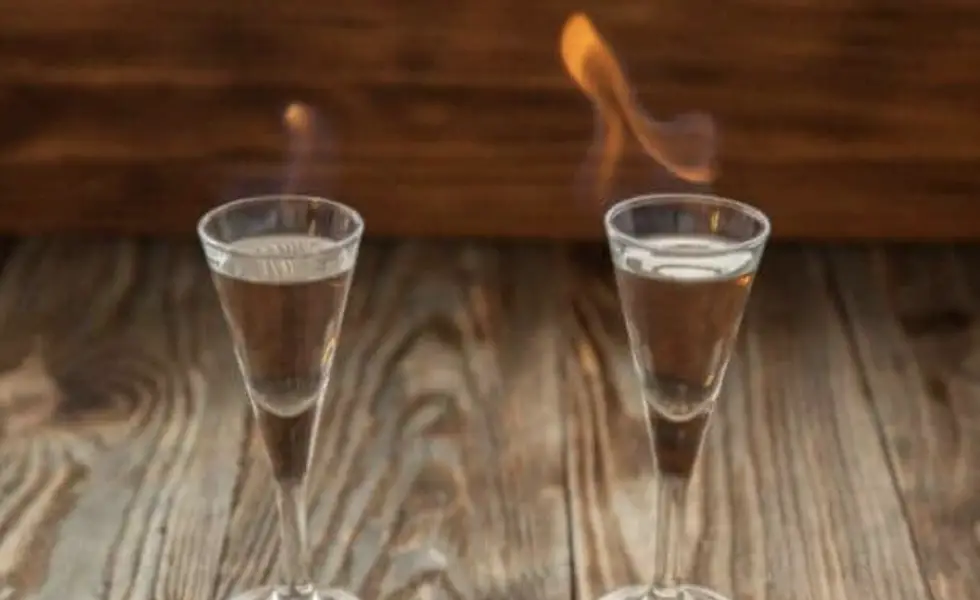
Clearing the Air: Is Vodka Flammable?
Vodka, a versatile and popular spirit, has found its way into countless cocktails and drinks, making it a staple in bars and homes around the world. With its neutral flavor and wide range of applications, vodka has sparked curiosity about its properties beyond just a delightful beverage. One question that often arises is whether vodka is flammable. In this blog post, we’ll explore the science behind this intriguing question and shed light on the truth about vodka’s flammability.
The Science of Flammability: Flammability refers to a substance’s ability to catch fire and burn. It is determined by various factors, including the alcohol content, vapor pressure, and temperature. Alcohol, in general, is flammable due to its low ignition point. Vodka, being a distilled spirit containing alcohol, has the potential to catch fire under certain conditions.
Vodka’s Alcohol Content: Vodka typically contains alcohol (ethanol) in varying percentages, usually ranging from 35% to 50% ABV (alcohol by volume). The higher the alcohol content, the more likely the liquid is to catch fire. However, it’s important to note that even lower-proof vodkas can be flammable under the right circumstances.
The Ignition Point: The ignition point, also known as the flash point, is the temperature at which a substance’s vapor can ignite when exposed to an open flame or spark. Vodka’s ignition point is relatively low, generally around 170°F (77°C) or lower, depending on the alcohol content. This means that if vodka is heated to or above its ignition point, its vapors can catch fire.
Flammability in Practice: In a controlled environment, you may have seen demonstrations of flammability involving vodka. Bartenders sometimes ignite vodka vapors over a cocktail to create a dramatic visual effect. However, it’s crucial to exercise extreme caution when attempting such demonstrations, as mishandling flammable liquids can lead to accidents and injuries. And it’s also important to know when vodka (or if) goes bad.
Safety Precautions: If you’re ever tempted to experiment with vodka’s flammability, it’s essential to prioritize safety. Here are some guidelines to follow:
- Never Drink Flammable Liquids: Consuming flammable substances, including ignited vodka, is extremely dangerous and can cause harm.
- Controlled Environment: If you decide to experiment with igniting vodka vapors, do so in a controlled environment, away from any flammable materials.
- No Open Flames: Keep open flames, such as candles or stoves, away from the area where you’re working with flammable liquids.
- Extinguish Flames: Always have a safe and effective way to extinguish any flames that may occur during the experiment.
- Use Caution: Approach flammable experiments with caution and respect for the potential risks involved.
Conclusion: In conclusion, yes, vodka is flammable due to its alcohol content and low ignition point. However, it’s crucial to treat flammable substances with the utmost care and follow strict safety precautions when experimenting with them. While vodka’s flammability can create intriguing visual effects in controlled settings, it’s important to prioritize safety and responsible handling whenever working with any flammable liquids. Remember, the primary purpose of vodka is to be enjoyed as a delicious and versatile spirit, not as a tool for risky experiments.

